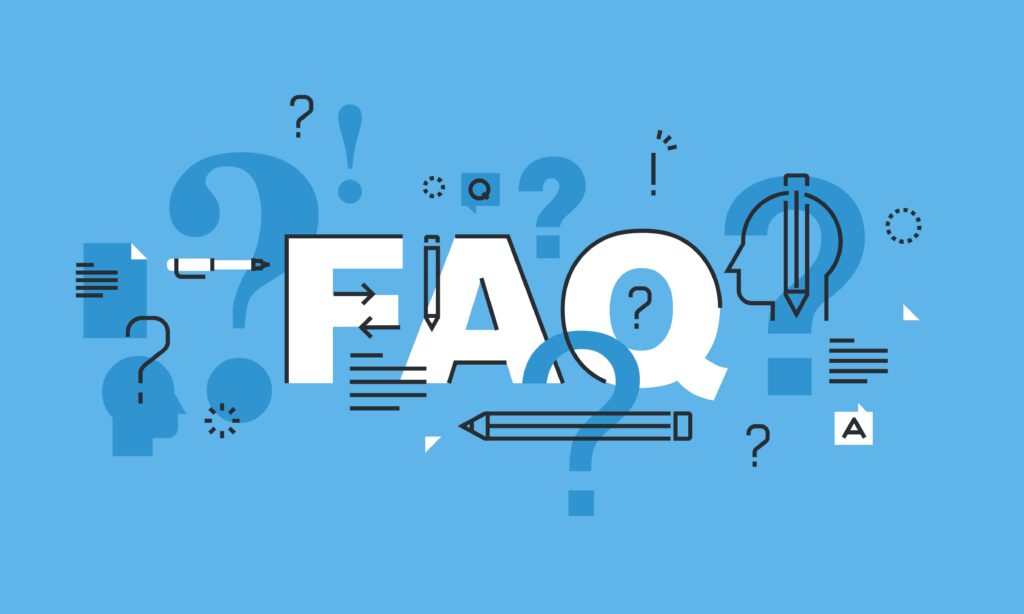The biggest customer in the world is the United States government, which purchases goods and services across nearly every industry imaginable. And by law, the U.S. government is required to provide opportunities to small businesses to bid on government contracts. Government contracting, therefore, can be a lucrative opportunity for small businesses. But the process of securing a government contract can be daunting and confusing, especially if your business is pursuing a government contract for the first time. If you’re just getting started and have some questions, you’re not alone. Keep reading for answers.
Government Contracting FAQs
What is a government contract?
A government contract is a legally binding agreement between the government and a contractor to provide goods or services. The government uses contracts to obtain supplies and services, in both small and large quantities, from the private sector.
What are the benefits of having a government contract?
The U.S. government is the biggest customer in the world, purchasing goods and services in small and large quantities across industries. Because of this, government contracting can provide a stable source of revenue, long-term business relationships, and the opportunity to grow and diversify your business’s revenue streams.
How do I become eligible for government contracts?
To become eligible for government contracts, you must legally qualify as a small business and then register as a government contractor in the System for Award Management (SAM).
How do I find government contracting opportunities?
There are several resources and databases to utilize when you’re searching for government contracting opportunities, including the following:
- SAM.gov, the official government source for federal contracts information
- Procurement Technical Assistance Centers (PTACs)
- Small Business Administration (SBA)
My business is owned by or serves historically marginalized communities. Are there any assistance programs for me?
Yes. The SBA has a number of contracting assistance programs and funding set aside specifically available for small businesses owned by or serving disadvantaged or marginalized groups or communities. These include the following:
- Small Disadvantaged Businesses
- Women-Owned Small Business Federal Contract Program
- Veteran Contracting Assistance Programs
- Business Development Program
- SBA Mentor-Protégé Program
- HUBZone Program
What is the Federal Acquisition Regulation (FAR)?
The Federal Acquisition Regulation (FAR) is a set of rules and regulations that govern the acquisition process for the United States Federal Government. The FAR provides guidance for all acquisitions and contracting procedures in the federal government, including the procurement of goods and services, construction and facility management, and the leasing and disposal of federal property. All government contractors must maintain compliance with FAR regulations.
What does FAR compliance entail?
FAR compliance covers a range of requirements across the acquisition process. Some of the key topics covered by the FAR include the following:
- Acquisition planning and strategy
- Obtaining necessary approvals and certifications
- Contract formation and administration
- Complying with small business subcontracting requirements
- Source selection and evaluation
- Cost and pricing policies
- Contract financing and payment
- Small business programs and set-asides
- Maintaining adequate documentation to support contract actions
- Contract disputes and protests
What are the penalties for government contractors who fail to maintain compliance with government regulations?
Failure to comply with government regulations and requirements can result in contract termination, financial penalties, loss of future opportunities to bid on a project, and even criminal charges.
What do government contractors need to know about DCAA compliance and audits?
The Defense Contract Audit Agency (DCAA) is a federal agency that provides financial advisory and audit services to the Department of Defense (DoD) and other federal agencies responsible for acquisition and contract administration. The DCAA plays a critical role in ensuring that government contracts are awarded and administered in accordance with federal regulations and guidelines, including the FAR.
Government contractors are subject to DCAA audits, which audit contractors’ financial systems and records to ensure they comply with all applicable laws and regulations.
What do DCAA audits include?
DCAA performs a wide range of audits, ranging from forward pricing and special audits to incurred cost, pre-contract, and performance audits. DCAA audits may include a review of contractors’ accounting practices, estimating and billing systems, cost accounting standards compliance, and other financial aspects related to government contracts.
How can I ensure FAR compliance and pass audits?
Navigating the regulations and requirements of government contracting can be complicated. If you’re concerned about FAR or DCAA compliance, we’re here to help! For over 20 years, GovCon has helped hundreds of clients navigate the complex world of DCAA compliance, streamline their operations, pass audits, and win contracts. We use our real-world experience to simplify your process, reduce the cost of compliance, and improve accuracy. Our government contracting software is built specifically to manage DCAA accounting and compliance, leaving no expense unaccounted for. We’d love to show you how GovCon can simplify DCAA compliance for you. Contact us any time.
